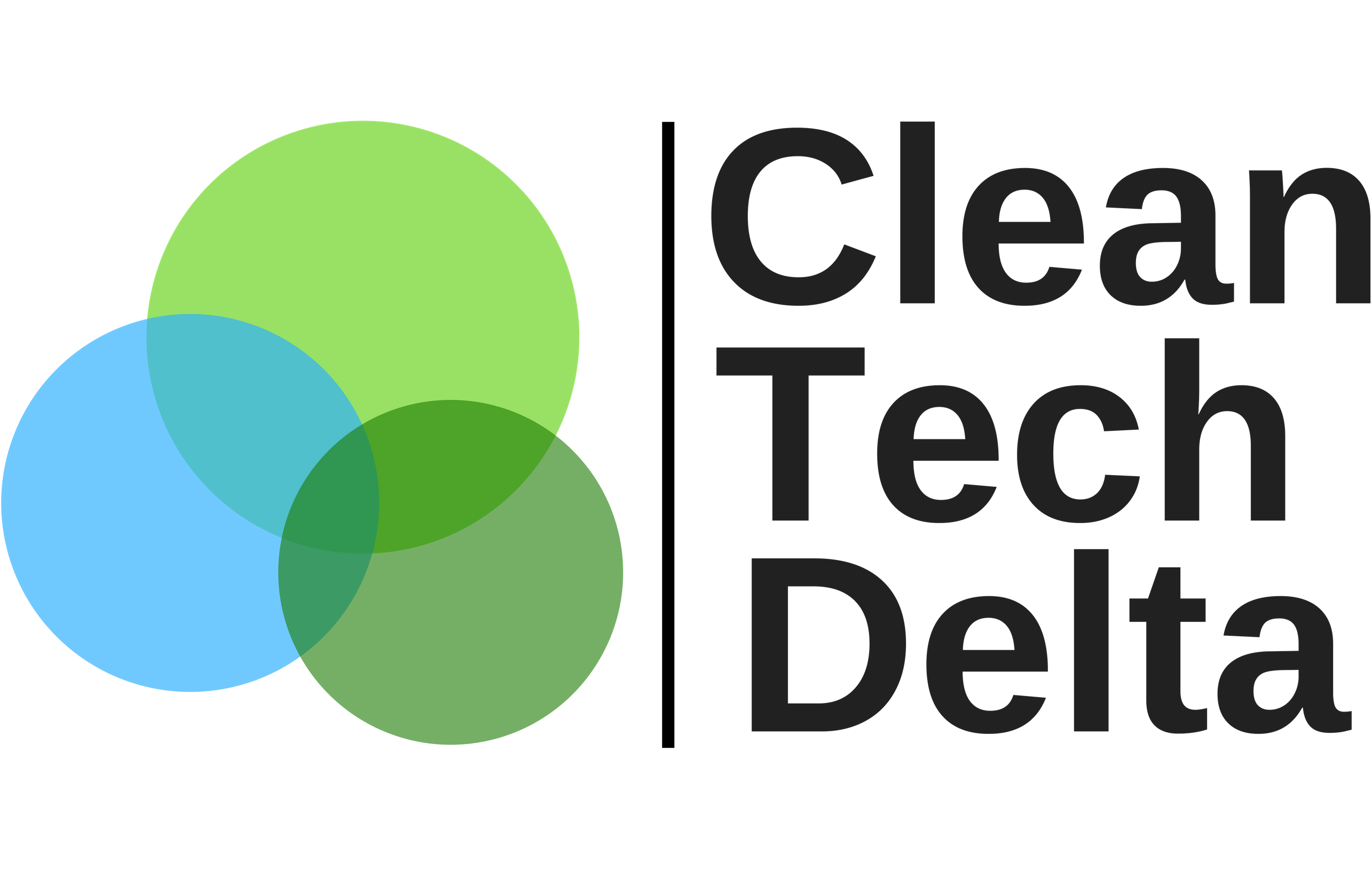Next economy and Clean Tech
Rotterdam – November 1, at our joined event with Tedx Rotterdam and Bleu City Jan Rotmans explained the Roadmap Next economy and underlined that business as usual is not an option. The roadmap was summarized through so called transition paths with appealing names as smart digital and energy, circular, entrepreneurial and next society.
True to the science of transition Jan explained different types of projects; enabling and carrier, and end state ambitions for every path plus the necessary investments for which we look at the EU commission as well.
If we look from a certain level to the changing economy, we notice a few things. We have stretched nature and debt to the limit and probably have gone over it. This means that the straightforward logic of economic growth driven by the availability of labor and capital does not hold anymore. The economic growth we witness was fuelled by consumption, in its turn fuelled by credit. It follows that the availability and cost of natural resources (particularly energy) and our tolerance for more debt will be the limiting factors for economic growth. In other words: physical limits are imposed on economic systems for the first time in history, unless we find low cost substitutes to natural resources that we use so abundantly but that does not seem to be the case anywhere soon.
A roadmap next economy that takes risks and limitations into account and develops societal and economical models that are compatible with the limits of a finite planet and include transition scenario’s from today’s reality, as a collaborative effort leading to real action, is a very valuable effort.
This should be good news for clean tech: lowering cost of renewable resources and introducing circular business models. The sector has, however, experienced a cycle of excitement followed by high (and often inflated) expectations, disillusionment, consolidation, and then stability. Even as regulatory support has weakened in many countries, deployment of technologies like wind, solar, and LED lighting has continued to grow strongly.
The question is how can the different players – clean-tech companies, conventional incumbents, investors, and governments – capitalise on this huge growth opportunity? This means mastering four different elements : cost, capital, go to market strategies and regulation. Part of the disillusion cycle can be explained by the capital intensity and long development cycles of clean tech companies. The good news, however, is that in a wide variety of areas, clean-tech is getting more economically competitive. Costs for onshore wind, solar PV, lithium-ion batteries, and LED lighting have all fallen faster than many industry watchers anticipated, and are continuing to drop. Similar shifts are taking place in less prominent arenas, such as waste separation, anaerobic digestion, or nutrient recovery from effluent. The bad news is that it is still all too common for clean-tech entrepreneurs to get too caught up in chasing the next technology – new physics, materials, and processes. However thrilling this can be – and it is – the more important factor is to make the technology cost-competitive in today’s market. The emphasis needs to be on the principles that apply to any business, such as reducing procurement costs, using customer segmentation to better target customers, and figuring out how to meet customer needs at the lowest cost of production through approaches like “design to value”. Business models are also important to help companies monetise new kinds of products and services.
In short these clean tech companies need to scale up.
The event showcased excellent examples of breakthrough innovators that can take pollution out of the air by means of a paint, produce electricity through windows, take water from the air for potable water and give value to waste by re using valuable materials and design beautiful objects.
Jan Rotmans reminded us that one of the biggest barrier to change are mental models, and Ron Ainsbury from the Hogeschool Rotterdam highlighted some necessary changes in education to develop inclusive and sustainable leaders. I am still bullish clean tech but let’s not overpromise on valuations, economic growth or job creation. Let’s just scale these technologies because it is the no regret option and the right thing to do.
Fred van Beuningen
